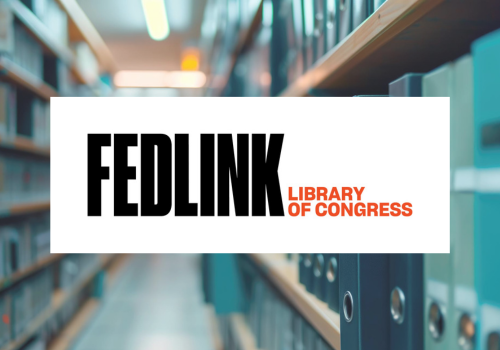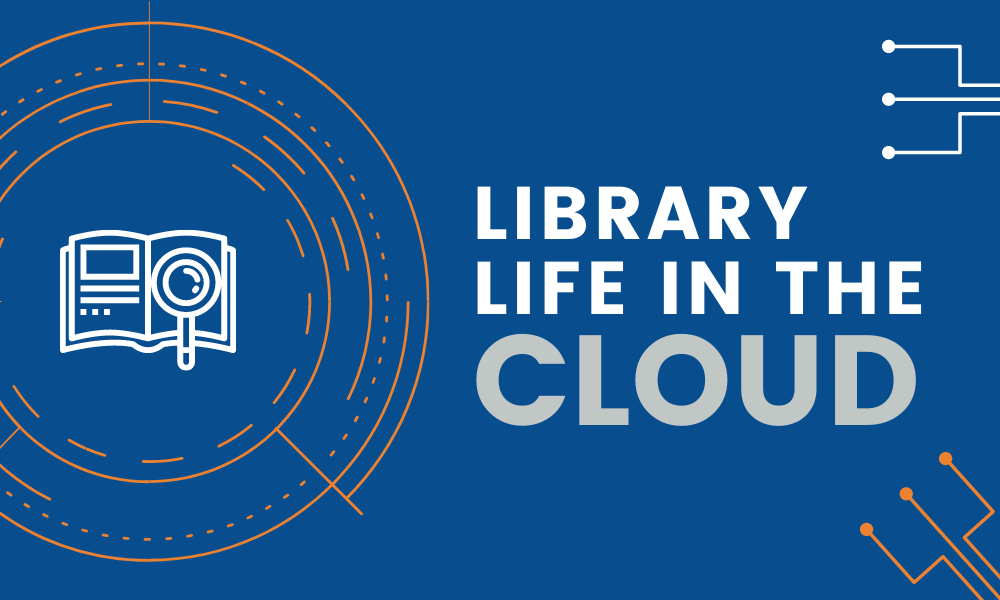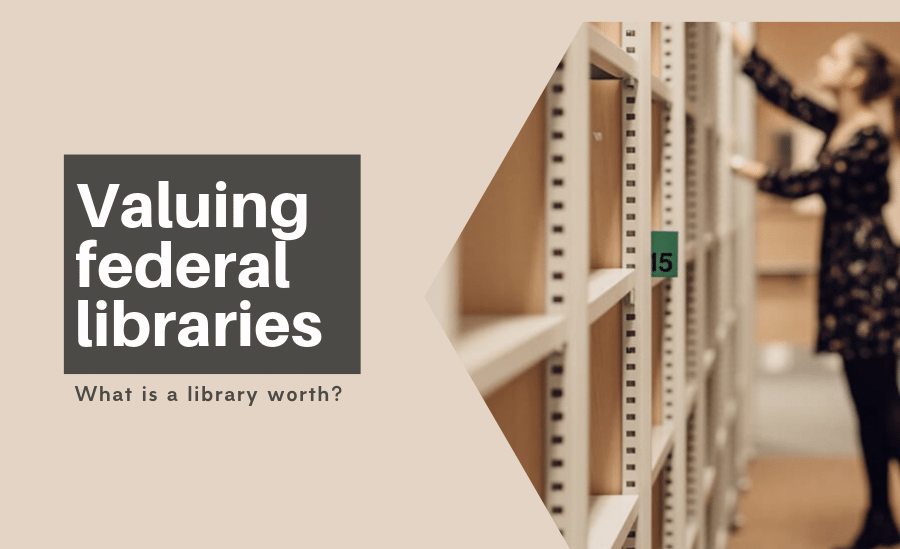As a central part of their core mission, libraries have a responsibility to make information and service equally available to everyone. Libraries that are operated by the US Government or that receive government funding have additional requirements for making electronic and information technologies (EIT) accessible to individuals with disabilities.
The Rehabilitation Act of 1973 was the first major federal law offering legal rights to individuals with disabilities and it established the requirements for the US Government and any entity receiving federal funds to provide equal treatment and access to individuals with disabilities.
2018 revisions to Section 508
In January 2018, updated accessibility requirements for information and communication technology (ICT) covered by Section 508 of the Rehabilitation Act and Section 255 of the Communications Act went into effect. The goals of this refresh were to:
- Enhance accessibility to ICT for people with disabilities.
- Make the requirements easier to understand and follow.
- Update the requirements so that they stay abreast of the ever-changing nature of the technologies covered.
- Harmonize the requirements with other standards in the US and abroad.
Librarians can learn more about the update and what it means for their assets and patrons on the U.S. Access Board website, an independent federal agency formed to develop accessibility guidelines and standards.
Understanding Section 508
Section 508, which first took effect in June of 2001, is an amendment to the Rehabilitation Act that addresses the tremendous growth of digital information and the devices used to access it. The amendment mandates that all federal agencies make their electronic and information technology (such as publications, presentations, software and websites) accessible to people with disabilities. Without the requirements of Section 508, much of this wealth of electronic information would remain inaccessible to the 12.8% of Americans (~41 million individuals) with a disability that involves vision, hearing, ambulation, cognition, self-care or independent living (US Census Bureau).
The recent revisions to Section 508 guidelines, mentioned above, have created a renewed urgency to make more government materials compliant. While enforcement is rather lax, the risk comes when someone tries to access materials and are unsuccessful. They can file a complaint (under ADA) which could lead to the possibility of agencies and offices having to remove their online content until it is made accessible, with precedent being set by cases in Denver and Canada that required government entities to remove online content. At any rate, this is a civil rights issue that all federal agencies need to address.
What does it mean to be Section 508 compliant?
Section 508 compliance can appear daunting at first, since it means that every document (regardless of format), website/webpage or software program that is public-facing must be made accessible. This includes any document posted on a website, as well as the website itself. It also requires members of the public and federal employees to have access to ICT that is developed, procured, maintained or used by federal agencies. This means that hardware used for ICT must be accessible as well, including telephones, computers, copy/fax machines, information kiosks and keyboards.
In addition, any official agency communication is required to be Section 508 accessible. This includes documents such as:
- Emergency notifications
- An internal or external program or policy announcement
- A notice of benefits, program eligibility, employment opportunity, or personnel action
- A formal acknowledgement of receipt
- A survey or questionnaire
- A template or form
- Educational or training materials
What are the risks of non-compliance?
The accessibility standards established by Section 508 should be of particular interest to librarians, not just for ethical reasons but also for compliance purposes. Federally operated and funded libraries could face claims of discrimination or lawsuits if they are not diligently working to comply with Section 508 and the 2018 final rule.
If a federal employee with a disability believes there has been discrimination related to ICT accessibility, the individual can file a complaint alleging that the department or agency has not complied with the accessible technology standards. Members of the public may file a civil action against an agency for a Section 508 violation.
Other than the obvious legal risks for not complying with the regulations, there are moral and ethical dimensions to not providing access to ICT to disabled federal employees and members of the public. Economic outcomes are expected as well—a study by the Access Board concludes that the final rule will result in nearly $20 million in increased productivity of federal employees in 2018, and $1.6 billion over the next ten years.
Helping NOAA meet Section 508 requirements
Recently, at the National Oceanographic and Atmospheric Agency (NOAA) I assembled a comprehensive resource for the library team with best practices for creating compliant documents and web pages. I also made extensive checklists available so that document authors and editors understand the steps needed to ensure their documents meet the requirements. The guide is available to the public here.
Although these steps do require extra work and training, this effort accomplishes two important outcomes: first, the disabled employees at NOAA (and other agencies) are able to perform their jobs and collaborate at the highest possible levels with full access to important work products; and second, disabled members of the public are able to share and learn from the groundbreaking work of NOAA scientists and staff.
By ensuring access to all of our resources by all individuals, Section 508 compliance is an important cornerstone of the NOAA Central Library’s mission to support and further NOAA’s mission of promoting global environmental stewardship for everyone, including people with disabilities.



